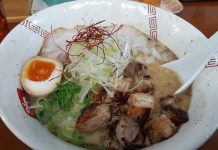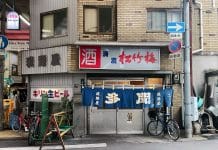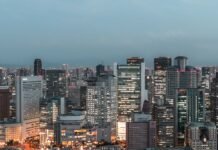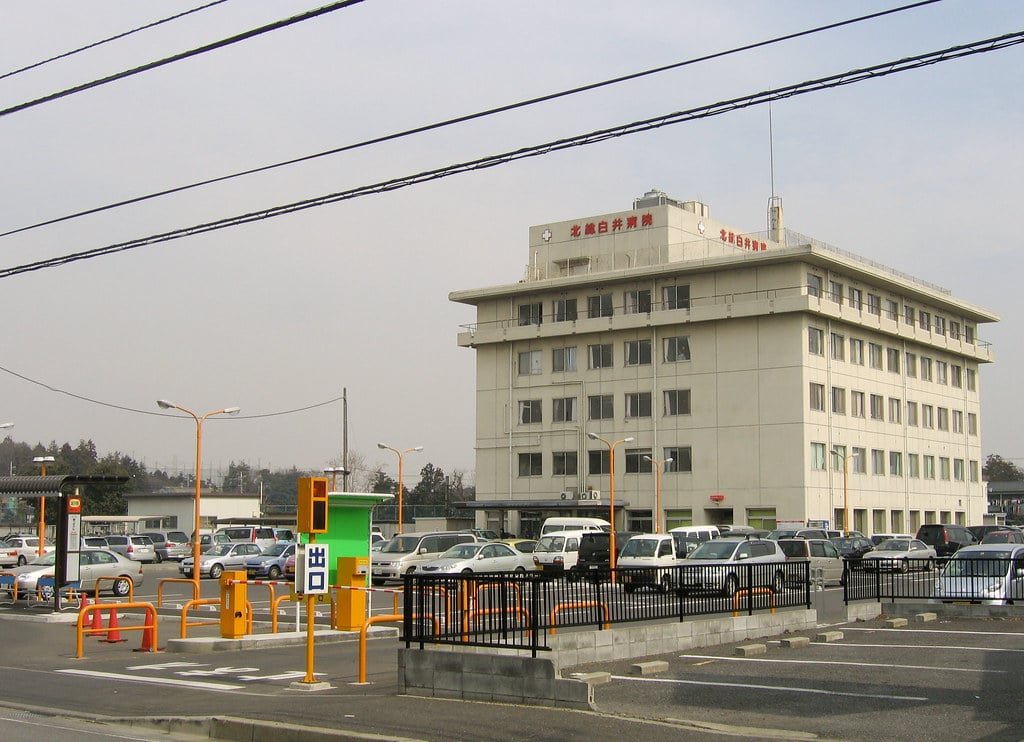
Hospital visits aren’t fun. However, if you must, then Japanese hospitals rank alongside the very best. Healthcare provision here is among the best in the world, and Osaka is no exception.
However, the healthcare system here in Osaka may differ somewhat from what you expect in your home country.
As with all health-related concerns however, it pays to know ahead of time what to do if a problem appears. With this handy guide to getting medical assistance in Osaka, hopefully we can help you prepare for what we all hope never happens.
First of all, the type of healthcare you are likely to need, and the steps you must take to receive it varies depending on whether you are a resident of Japan, or a temporary visitor. So, we will examine these two cases separately.
Table of Contents
Temporary Visitors
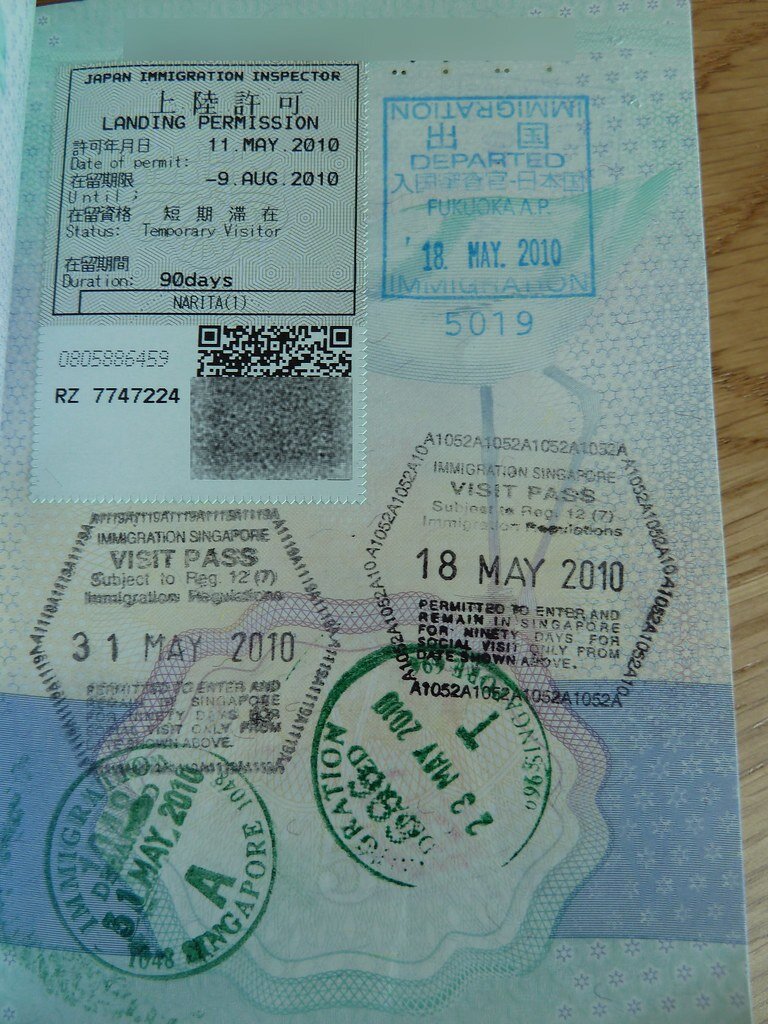
For the purpose of this article, anyone who enters Japan with a visa permitting 90 days stay or less, is considered a temporary visitor. As a temporary visitor, you cannot sign up for Japan’s national healthcare system. As such, in principle, if you need to see a doctor or visit a hospital, you are potentially liable for the full price.
Even for relatively straightforward treatments, this can run into hundreds, perhaps even thousands, of US dollars. Prices will also vary depending on the clinic you visit. Private hospitals and clinics are, as one would expect, more expensive than public facilities.
Get Insured
For these reasons, we strongly recommend purchasing travel insurance ahead of your visit to Japan. Also, when making the policy ensure there are no exemptions or exclusions. As with all legal documents, you need to read and understand all the small print of your policy before you sign up.
If you forgot to purchase insurance ahead of arrival, then you also have the option of buying a plan once you get here. However, this will probably cost a bit more than if you bought a policy in your home country prior to travel.
As an example: Sompo Japan Nipponkoa provides insurance on a price per day basis. A standard ten day coverage plan costs 2,900 yen. However the overall cost depends on the number of days you intend to stay in Japan. For further details contact their toll-free English Helpline in Japan on 0120-950-786. As is the case in the US and elsewhere, any underlying conditions you may have will also affect the cost of coverage.
Know what your plan covers
Depending on the policy, you may use a hospital in Japan without actually paying any cash out at the time. However, in a number of cases, you may have to pay the money out initially, get a receipt and claim it back later. Maybe you don’t plan on bringing a lot of cash with you. If so, I strongly recommend getting a plan with a cashless option ahead of your departure.
Additionally, your insurance plan may only apply to certain hospitals and clinics. You should clarify this with your provider. In most cases, the insurer will have a list of participating local clinics and hospitals they can give you once they confirm your destination.
Medication
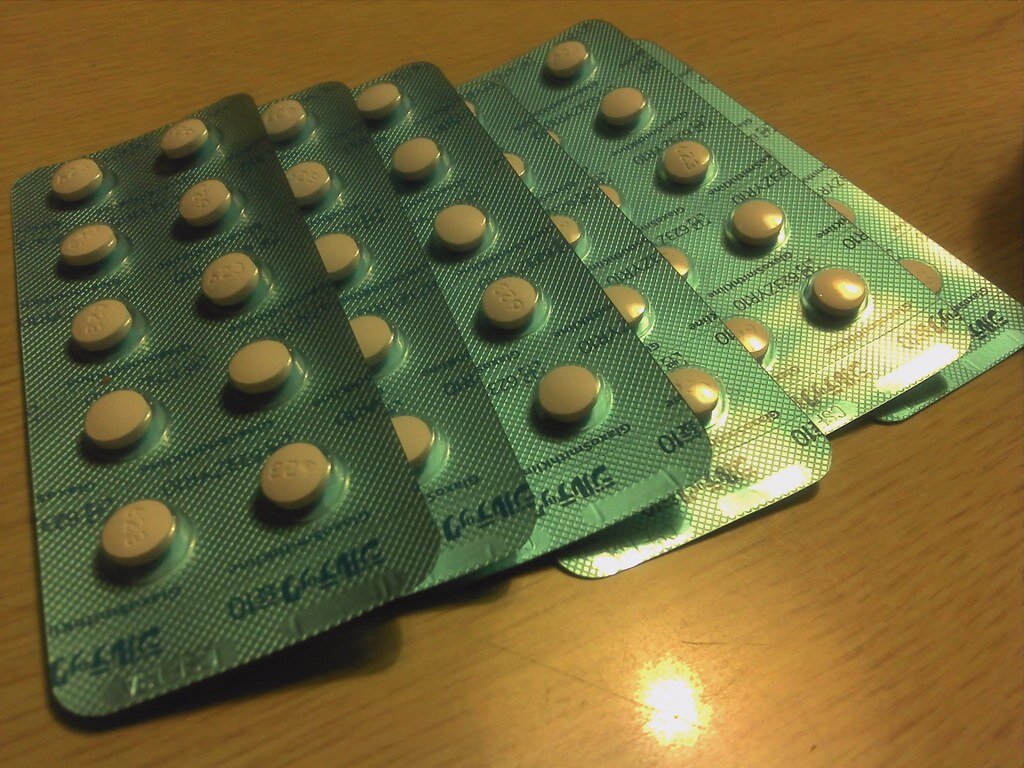
As much as is possible, if you require regular medication, bring enough with you for the duration of your trip. Japan’s healthcare service compares favorably, and in many cases is superior, to other first world countries. However, drug regulations here are different from Europe and the US. As a result, not all the medicines that you depend on in your home country may be available here.
As an example, it surprised me to learn that many painkillers containing codeine are unavailable in Japan. Certain types of asthmatic inhalers that use steroids are also tightly controlled.
However, if you have essential medication, then bringing these medicines into Japan shouldn’t be a problem. You need to provide certification and prescription receipts from your doctor back home. The obvious exception to this is medical marijuana. Marijuana is a narcotic in Japan and even possessing a small amount is a serious criminal offence.
If you’re coming from the US then you need to give this point serious consideration. In addition to marijuana, a number of over the counter medicines in American contain active agents, such as opioids, that are illegal in Japan. This is due to the US having far less stringent drug control laws in many states than Japan. I’ll leave it up to you to decide if that’s a good or a bad thing.
In any case, if you are a US citizen, please check this link from the US Embassy in Japan, before travelling, for more information.
If You Need to Get to Hospital Quickly

In the event of an immediate medical emergency where you or someone in your party is seriously ill, the first step is to dial 119 and ask for the emergency services. Note that in Japan, both the fire service and the ambulance service use this same number. So, you must make it clear that this is an ambulance request rather than a call to the fire brigade.
Keep your words simple and to the point. In most cases, those answering the call should understand basic English. However, if you can, please get a Japanese person to help you. This is especially important when relaying your location to the call center. A local person could probably guide the ambulance to you more quickly.
Hopefully, you are able to move freely and the injury or sickness is not immediately life threatening. In that case, it would probably be faster to take a taxi to the hospital. Always double check the name of the hospital you intend to go to. If possible, keep a written note of the address, or look it up on your phone to show to the driver. Larger cities like Osaka have dozens of hospitals dotted around the city. So, saying “hospital” to the taxi driver isn’t likely to be much help unless you can provide an address.
At the Hospital
Once you reach the hospital, keep your dialogue short, simple and to the point. Tell the staff of the symptoms, how long you’ve had them and if you have any underlying health conditions. It’s also helpful if you have a note of your blood type and a list of any medications you currently take. Also tell them of any allergies you may have. Expect to wait for some time depending on the severity of your condition, before the doctor sees you.
Also, this can be a disorientating, and perhaps frightening experience. But please remember that, despite language barriers, the doctors and staff at the hospital want to help you. Stay calm, don’t get agitated and remain patient if they ask you to clarify anything you have said. As a final note, always bring your travel insurance documents with you too, just in case they decide to admit you.
For Residents of Japan
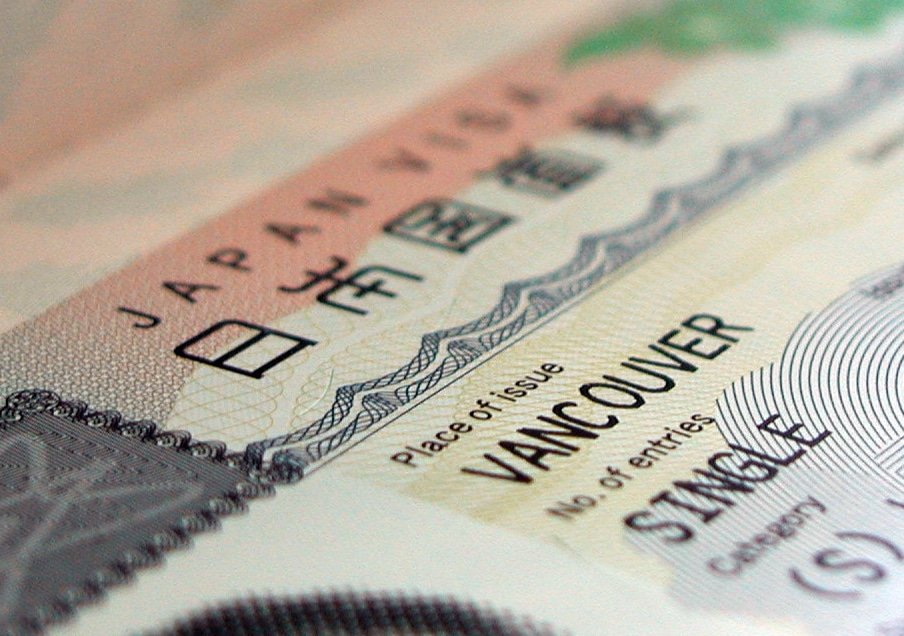
We’ve covered the basics for visitors to Japan. Now, let us turn our attention to those of us who actually live here. As a resident, you have a few less hurdles to overcome in seeking medical care. However, you also need to be aware of your additional responsibilities as a resident. For the purposes of this guide, anyone permitted to stay in Japan for more than 90 days is a resident, regardless of your actual visa status.
Japan’s National Healthcare System: How we Pay for Hospital
Under Japanese Law anyone in Japan in full-time employment must register with Japan’s national healthcare system.
A monthly premium, which variable according to your salary, comes directly off your pay check each month. This differs from countries such as the US where health insurance is optional, and the UK. In the UK, healthcare is free at point of use and funded through taxation.
Under the Japanese system, you will receive a national health insurance card. You must present this card whenever you attend a hospital or clinic. To apply for the card you need to visit your local city hall or ward office shortly after entering Japan. You will also need to go there to register your address within 10 days of your arrival. So, you may as well take the afternoon off work and combine the two visits to city hall.
Costs of Treatment and Hospital Stays
Once you have your card, you’ll qualify for a 70% discount on any medical services you use. You have the option of taking out private insurance to cover the extra 30% if you wish. To be honest though, I wouldn’t advise this. I’ve never paid more than about $100 US for any kind of routine medical procedure here. Even when I needed surgery for broken bones, it only came to about $400 US.
If you have concerns about additional costs then residents also have the option of applying for a certificate of application of maximum copayment amount. Presenting this certificate alongside your health insurance card when you go into hospital ensures you cannot be charged more than the maximum amount you can afford per month. This amount increases in line with your monthly salary as a base.
For example, if you earn less than 260,000 yen per month (before tax), your maximum monthly fee for healthcare in hospital is 57,600 yen. If you earn less than 500,000 yen per month, your maximum possible liability is 80,100 yen.
A full breakdown of how the maximum copayment certificate works, and how to apply for one can be found here.
Medication and Pharmacies

Please remember that in addition to the costs of your medical treatment and consultancy, you will also need to pay for your medication separately.
However, provided that you present your health insurance card, you can still qualify for the same 70% discount. Typically each clinic or hospital has a pharmacy which they are connected to. Usually it is either on site or within a 5 minute walk of the facility.
An additional point about medication: In some cases, when buying your medication, the pharmacist will ask you if you want the brand medication or the generic version.
Always choose generic. It’s the same meds but usually at about half the price. After all, unlike your clothes or your handbag, nobody cares what brand your headache pills are!
Importing Medication from Overseas
As I mentioned previously, not all medications that you commonly use in your home country are necessarily approved for use in Japan. Some may even be considered contraband. However, if assuming that you were allowed to enter Japan with this medication in the first place, ordering some more and shipping it to you shouldn’t be a problem. However, if you choose to import your own medication, then you will need to pay the full price, as medicines sourced personally are not covered by national health insurance.
What I would instead recommend is that you make an appointment with your local doctor, take along the packaging of your current medications and ask them if there is a suitable equivalent available under Japanese national health insurance. In almost all cases, the answer will be yes. Even if your medicine isn’t available in Japan, your doctor or pharmacist will also be able to advise you as to the most cost-effective and safest place to order it from online.
An additional note about medicines in Japan
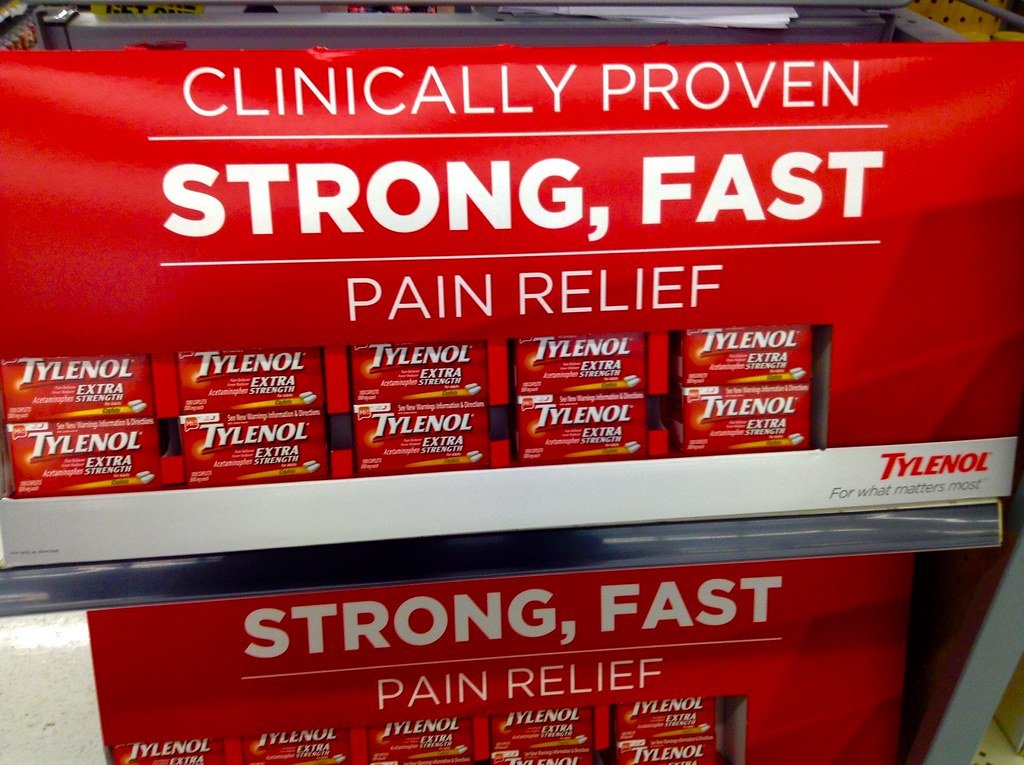
Now, this is more of a personal thing for me, but anecdotally I have spoken to many foreign residents in Japan who have the problem. Painkilling medications in Japan are far weaker than what we would expect in the US or the UK. Therefore, I strongly recommend keeping a regular supply of your preferred painkiller from your home country for use whenever you have a headache, a mild fever or any other inconvenience that isn’t bad enough to warrant a doctor’s appointment.
Be mindful however that many opioids are banned in Japan. Check with the pharmacy in your home country as to which medications are allowed to be brought into Japan and which aren’t. For example, Nurofen, a common painkiller in the UK is allowed, but Tylenol, seen by many in the US as a direct equivalent, isn’t. This is because Tylenol contains higher concentrations of its active ingredients than Nurofen does, taking it above the legal limit in Japan.
Recommended clinics and Hospital Locations in Osaka
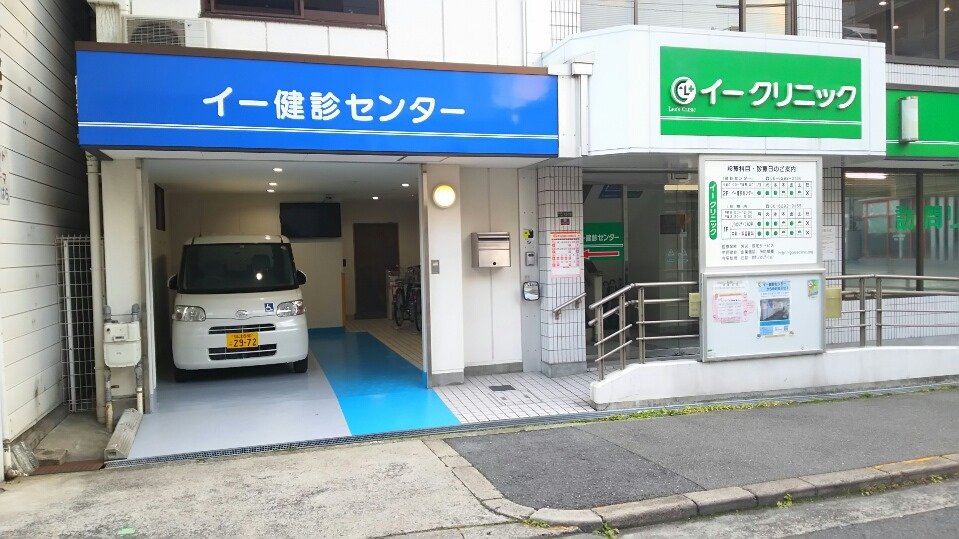
For general medical issues in Osaka, where you want to speak with a doctor in English, I recommend Lee’s Clinic. In addition to being a superb medical practitioner, Dr Lee is fluent in English, Korean, Putonghua and Japanese. His staff are highly attentive and considerate. During my time in Osaka, I sought his help with everything from anxiety, to weight loss, to a case of the flu.
Osaka also has a more comprehensive list of hospitals and clinics offering English language services here
Please bear in mind though that not all staff at these institutions will speak English. Subject to the level of emergency and the timing of your visit, it’s also not guaranteed that an English speaker will be available. Where possible, if you aren’t confident using Japanese I recommend asking a trusted Japanese friend to accompany you.
Some final thoughts
Overall, the standard of healthcare in Osaka and across all of Japan is excellent. However doctors here can sometimes be a little condescending in their manner. I take this as something of an occupational hazard that comes with the high degree of respect afforded to doctors in Japan. Certainly they seem to be held in higher esteem here than in most other countries I have visited in my time. However, that doesn’t mean that you should be afraid to ask questions. This is, after all, your well-being that we are talking about. If you don’t understand a doctor’s instruction, or if you are unsure about the medicines being proscribed, ask for clarification. And of course, always read the label, follow the dosage instructions and keep medicines stored safely.
Hopefully, you’ll rarely, if ever need to consult the advice contained herein today, but just in case you do, I wish you well and hope you’ll have a speedy recovery. Take care everyone.




